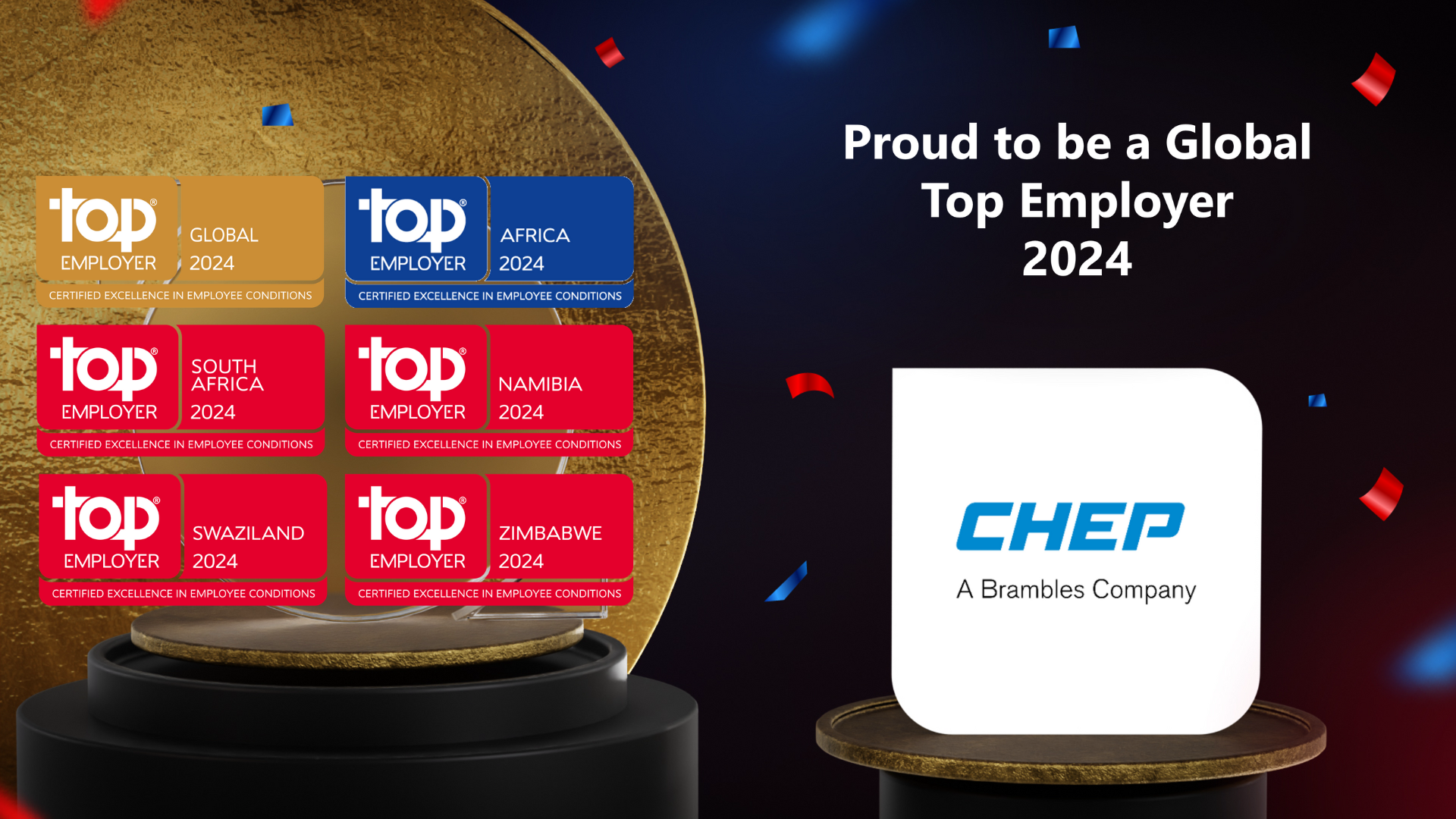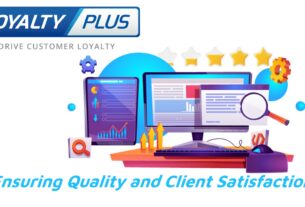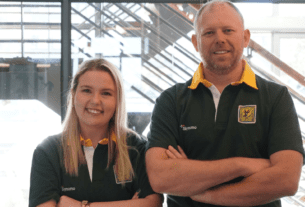The traditional perceptions of work and organisational structure are undergoing a significant transformation. The once-prevailing notion that work is a set of well-defined processes, confined within the physical and organisational boundaries of a workplace, and primarily focused on shareholder value and profit, is becoming obsolete.
This shift presents organisations with a new reality where the old, structured frameworks are giving way to more fluid and innovative approaches. As these conventional boundaries dissolve, organisations are finding themselves with the freedom to explore, test, and innovate, forging new foundational principles. Concurrently, this change is altering how employees interact with their workplaces. There is a movement towards more profound, collaborative, and co-creative relationships between workers and organisations, reshaping the traditional rules of engagement and opening new avenues for meaningful contribution and partnership.
Yet, according to Deloitte’s 2023 Global Human Capital Trends survey, only 23% of organisations say their leaders have the capabilities to navigate this change. It reveals that less than 15% of organisations feel their leaders are adequately equipped to inclusively guide a growing and diverse workforce, or to factor in wider societal and environmental considerations in their workforce-related decision-making.
Top employers will therefore be those which excel in human resource management through a relentless commitment to innovation and foresight. Their distinction in the industry emerges from an unwavering focus on shaping the future of talent acquisition, technology integration, employee well-being, and agile leadership.
Talent acquisition is the heart of successful, modern-day HR strategies, especially in a competitive and dynamic job market. Leading organisations recognise that building a formidable team is not just about filling roles but about fostering a community of diverse, skilled, and motivated individuals who resonate with the company’s vision.
This requires a strategic blend of understanding the ever-changing workforce demographics and pinpointing emerging skills essential for future growth. According to McKinsey’s ‘State of Organizations 2023’ report, the highest performers in a role are 800% more productive than average performers in the same role – meaning that the impact of hiring and nurturing top-tier talent is not just incremental but potentially transformative for an organisation’s productivity and success.
The acquisition of talent is merely the first step in a much more intricate ballet. The advent of technology in HR processes has revolutionised the way organisations interact with their employees. From automated onboarding systems to AI-enabled performance management tools, technology has streamlined operations, reduced administrative burdens, and allowed HR professionals to focus on more strategic initiatives. This digital transformation, while impressive, also necessitates a careful balancing act – ensuring that technology enhances rather than replaces the human element of human resources. The goal is to create a symbiotic relationship where technology supports and elevates the human experience within the workplace.
Central to this experience is the emphasis on employee wellbeing. In a world where burnout, stress, and work-life imbalance are prevalent, top employers recognise the importance of nurturing a healthy and supportive work environment. This includes not only physical wellbeing but also mental and emotional health. Initiatives like flexible working arrangements, mental health days, and comprehensive wellness programmes demonstrate a company’s commitment to its most valuable asset—its people.
Amid these considerations, the cultivation of agile leadership emerges as a critical factor. This agility is not inherent; it is cultivated through continuous learning, adaptability, and a willingness to challenge the status quo. Agile leaders are visionaries who inspire their teams, drive innovation, and adapt their strategies to meet the ever-changing demands of the market.
One exemplar of these principles in action is CHEP, a leader in supply chain solutions. Recently recognised as a Global Top Employer by the Top Employers Institute, CHEP stands out among only 17 companies worldwide to receive this distinction, a testament to its exceptional Human Resource policies and practices.
In Sub-Saharan Africa, the company’s Plant Career Plans initiative, which earned a 100% score in the Institute’s People Strategy category, is designed to enhance career progression for plant-based employees. This initiative focuses on skill development and upward mobility, leading to heightened job satisfaction, improved morale, and greater employee dedication. Additionally, CHEP also scored 100% in the Ethics and Integrity category – a testament to the company’s Project Letsema. This project fosters an inclusive and psychologically safe working environment, promotes open communication, and integrates effective performance management, thereby cultivating an inclusive culture and reinforcing the company’s dedication to its employees.
The foundational principles that distinguish a top employer in today’s world are multifaceted and dynamic. They require a holistic approach to HR management, one that encompasses innovative talent acquisition strategies, thoughtful technology integration, a deep commitment to employee well-being, and the cultivation of agile leadership. These elements, when harmoniously combined, create an organisational culture that not only thrives in the face of adversity but also sets new benchmarks in the industry, paving the way for future advancements and success.
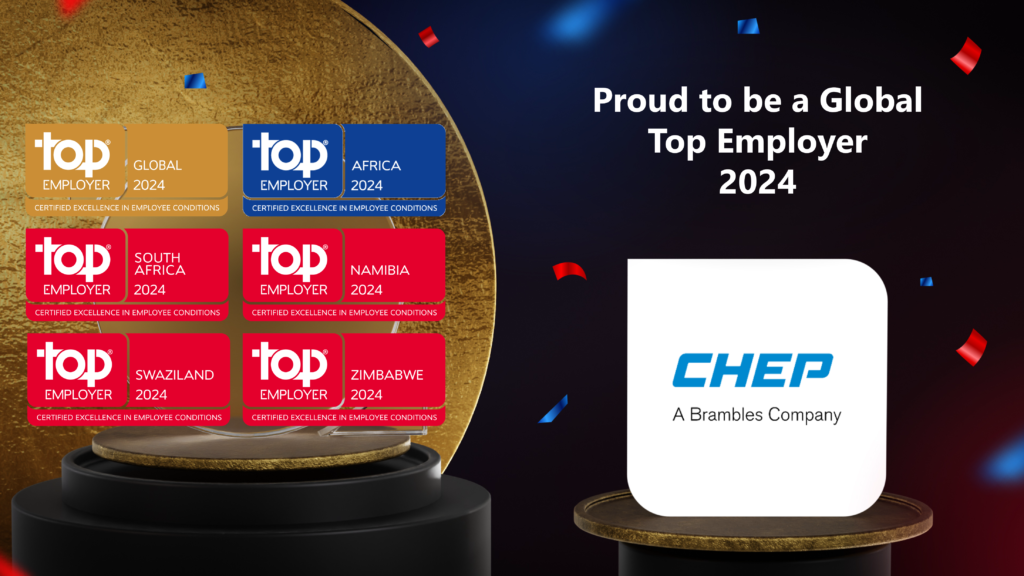
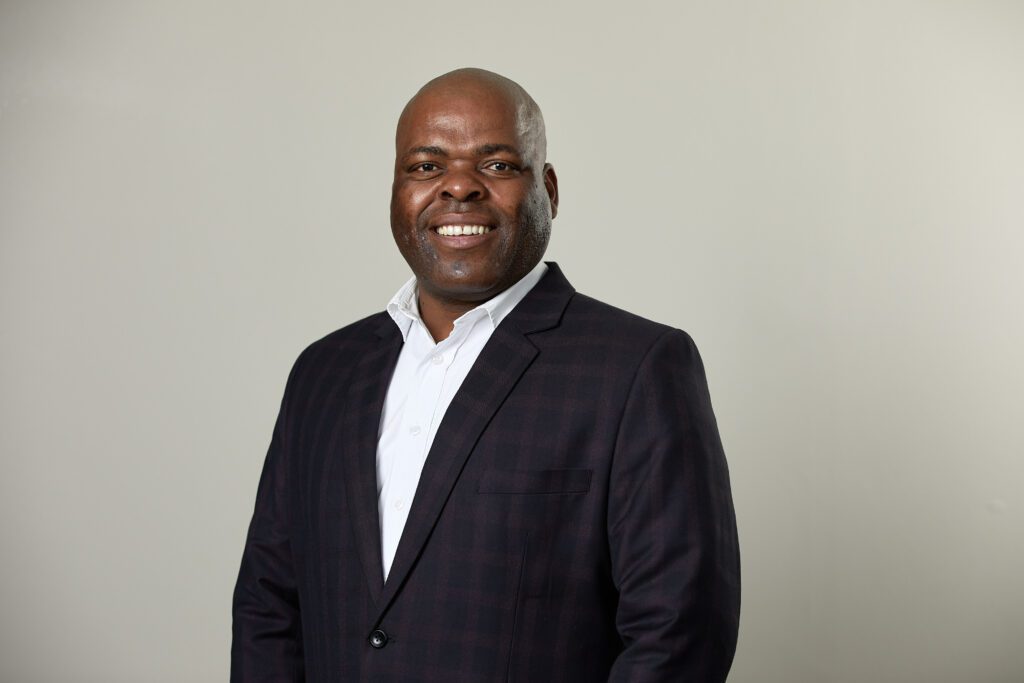
Human Resources Director, CHEP Sub-Saharan Africa

